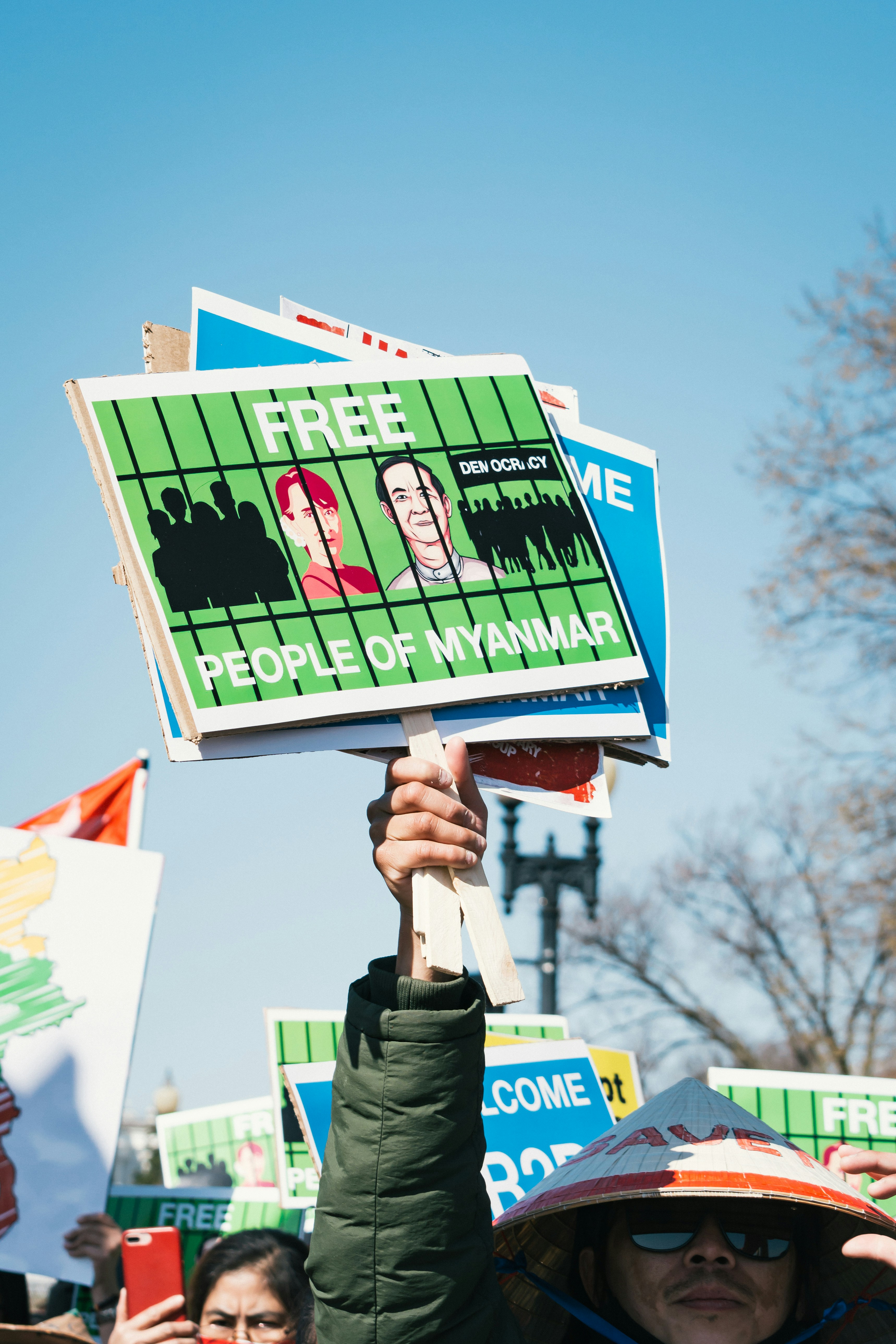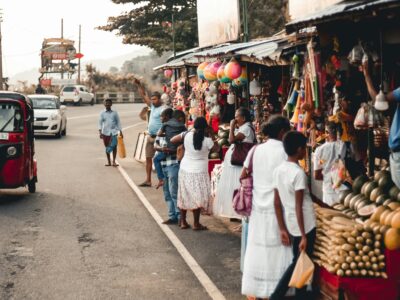06-08-2024
Pauliina Majasaari
South and East Asia Researcher,
Global Human Rights Defence.
On July 31st, 2024, the Myanmar military extended the state of emergency in Myanmar, allowing for the military regime to stay in power for another six months. The military has expressed that it needs more time to to prepare for the long-promised elections, however critics fear the elections will neither be fair nor free.
Three and a half years ago the Myanmar military ousted the elected government run by Aung San Suu Kyi and her National League for Democracy Party (NLDP), and declared a state of emergency in Myanmar, which is still in place. According to the 2008 Constitution of Myanmar, the military can rule the country under a state of emergency for one year, followed by two possible six-month extensions before having to hold elections. However, this is already the sixth time that the military is utilising the six month-extension, and thereby it is not abiding by the law of Myanmar’s Constitution. Alarmingly, the National Defence and Security Council, a constitutional administrative government body governing the realisation of the Constitutional rights and obligations, who granted the extension, is controlled by the military.
According to article 21 of the Universal Declaration of Human Rights (UDHR), every citizen has the right to take part in public affairs, either directly or through freely chosen representatives. The will of the people must be the basis of the authority of the government and that will is expressed through voting at genuine periodic elections which are of universal and equal suffrage and held by secret ballot, which will guarantee the free expression of the will of the voters. The Committee on Civil and Political Rights has interpreted the contents of the right to take part in public affairs and has expressed that the matters covered by article 21 lie at the core of a properly functioning democratic government. The obligation to hold genuine period elections entails that elections must be held at intervals that are not unduly long and which ensures that the authority of the government continues to be in line with and based on the free expression of the will of the voters. Moreover, every person who is entitled to vote has the right to freely choose who to vote for, and can either support or oppose the current government. Lastly, persons who would be eligible to stand in elections, should not be excluded on the basis of unreasonable or discriminatory requirements, such as by reason of political affiliation.
Thereby, the Myanmar military is acting in contradiction of the rights set out by Article 21 of the UDHR. Firstly, prolonging the elections is in violation of the obligation to hold genuine periodic elections, as the elections were initially meant to be held in 2023 and the promise of holding the elections in 2025 can be seen to be an unduly long extension. It is also evident from the backlash faced by the military junta that the authority they hold in the government is not in line with the free expression of the voters’ will. Secondly, holding most of the leaders of the NLDP in prison interferes with the right for all eligible candidates to stand in elections, as it is based on discriminatory reasons such as belonging to a political affiliation which is not in line with the views of the controlling military junta. It is simultaneously depriving voters of the right to choose the candidates which they want to vote for. Lastly, the secrecy of the ballot is most likely undermined as the military is aiming to ensure that the results of the election are favourable to them.
Consequently, the Myanmar military is urged by the international community and various human rights organisations to stop extending the state of emergency within Myanmar. The state should hold elections in due time to allow for its people to express their free will through voting and to elect a government which is in line with their opinions, thus abiding with the principles of democracy and the rights set out by the UDHR.
Sources and further readings:
‘Myanmar junta extends state of emergency, forcing delay to elections’ The Guardian (31 July 2024) <https://www.theguardian.com/world/2023/jul/31/myanmar-junta-extends-state-of-emergency-forcing-delay-to-elections> accessed 6 August 2024.
‘Myanmar’s military regime extends state of emergency by 6 months as civil war rages’ The Independent (1 August 2024) <https://www.independent.co.uk/news/bangkok-ap-myanmar-aung-san-suu-kyi-security-council-b2588835.html> accessed 6 August 2024.
Office of the High Commissioner For Human Rights, ‘CCPR General comment No. 25: Article 25 (Participation in Public Affairs and the Right to Vote) The Right to Participate in Public Affairs, Voting Rights and the Right of Equal Access to Public Service’ (1996) UN Doc CCPR/C/21/Rev.1/Add.7.
Sebastian Strangio, ‘Myanmar Junta Extends Post Coup State of Emergency for Sixth Time’ The Diplomat (2 August 2024) <https://thediplomat.com/2024/08/myanmar-junta-extends-post-coup-state-of-emergency-for-sixth-time/> accessed 6 August 2024.
Universal Declaration of Human Rights (adopted 10 December 1948 UNGA Res 217 A(III) (UDHR).







Comments